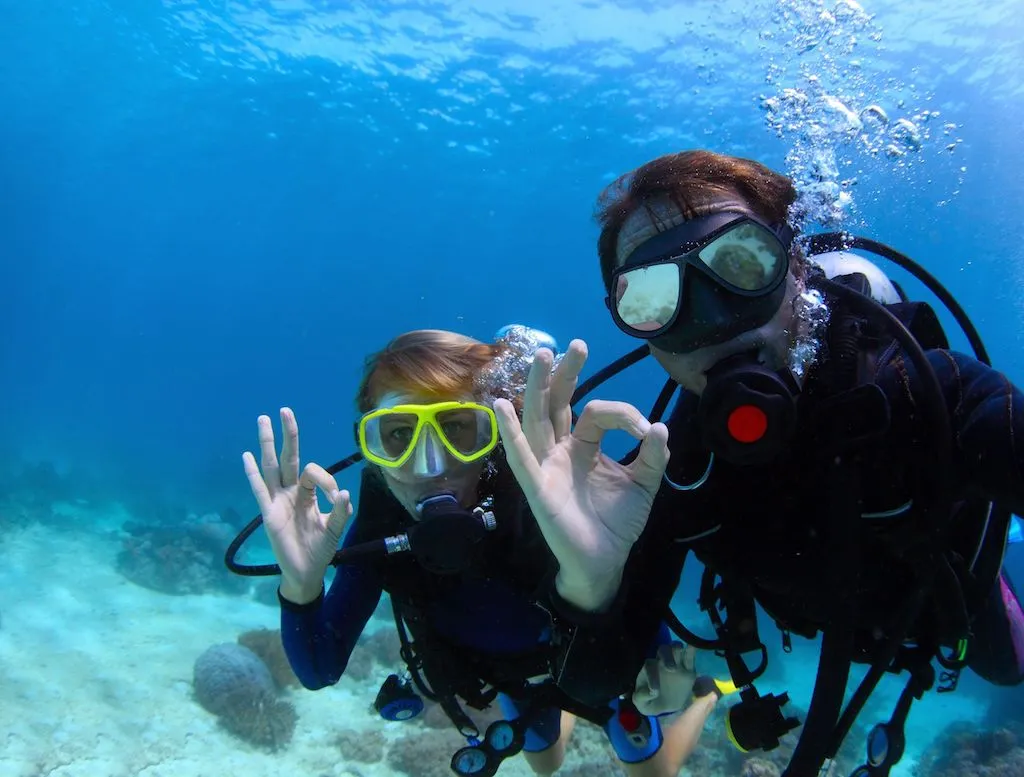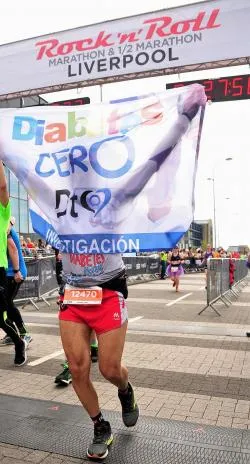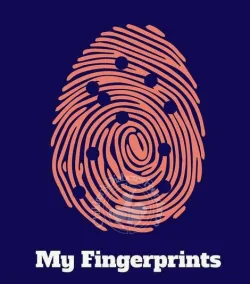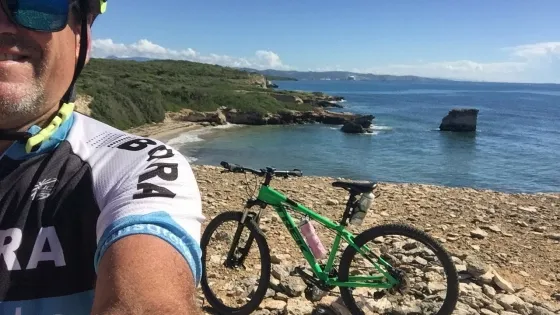Historically, Dan (diverse alert Network) advises not to dive of insulin-dependent divers, due to the high risk of hypoglycemia, which can lead to drowning, (due to loss of knowledge).The symptoms of hypoglycemia are perspiration, nervousness, fainting, palpitations, confusion, visual disturbances stupor, attack and loss of consciousness.Several of these symptoms can be confused with nitrogenic drug traffickers.
Until now one of the most interesting results is that diving significantly decreases blood glucose levels.(Plasma glucose concentrations are maintained in a fairly narrow interval of 70 to 110 milligrams per deciliter of blood (mg/dl)).This confirms the possible risk of hypoglycemia when diving, especially in strenuous or cold dives.However, it also shows that insulin-dependent divers with a moderate control of their condition can safely dive.For this, certain protocols must follow and monitor their glucose.
How can diabetes affect the diver?
It is a great obstacle to certify a diabetic, the possibility of an attack and the loss of consciousness due to hypoglycemia.The reaction to insulin and the speed with which low sugar levels can be harmed the power of decision and reason.
Out -control diabetes leads to eliminating large amounts of sugar in the urine, a process that quickly leads to dehydration, increasing the risk of decompression disease.
In general, diabetics - especially insulin -dependent - should not carry out activities during which a fainting can be dangerous.This is the case of diving with Scuba, since this situation would prevent respect for personal security measures and monitor the diving partner.
Studies
While there are differences between different countries.After evaluating several cases of dependent insulin diabetics who had performed immersions without problems, the medical commission of the UK Subacuatic Club (British Sub Aqua Club, BSAC) relaxed in 1991 the strict ban on practicing this activity to these people and, currently, theIt allows insulin -dependent diabetics that do not present cardiovascular problems or other complications (4).Instead, American clinical guides and other countries are stricter.Some authors recommend evaluating each person individually, while others recognize that it is very likely that in the near future there is greater tolerance in these cases.
In 1993, different alert Network sent a survey to its 115,300 members to determine how many of them were diabetics and diving despite the disease and, according to their results, 164 (129 insulin of the dependent) said they had made more than 27,000 dives with autonomous scanwithout having presented any important complication (2).Although symptoms of hypoglycemia were communicated, none of them caused a loss of knowledge.
It has not been investigated whether recreational diving in low stress conditions affects blood glucose concentrations.Dan began an essay in 1997 to evaluate the effects of this activity on recreational divers, and recently published his results in a scientific magazine (3).This article summarizes the main data of said study and proposes new research.To obtain more detailed information, the full article can be consulted.
Methods
The study evaluated the response of glucose in plasma to recreational diving in insulin -dependent diabetics adults and in a group of healthy divers, which was used as a control group.
The inclusion criteria in the first group were aRelatively controlled diabetes (at least), the absence of secondary complications of the disease, not having been hospitalized during the 12 months prior to the study as a consequence of severe alterations of blood glucose, and a good knowledge of the relationship between plasma glucose concentrationsand physical exercise.
Most dives were made in tropical or subtropical waters and from small or larger ships (liverands).Before each immersion, the glycemia of the participants should be greater than 80 mg/dl;To make sure of this, portable devices were used that determine blood glucose by reactive strips, with which glycemia was taken several times before and after the dives.
Results
83 divers participated in the study: 40 insulin -dependent diabetics and 43 controls.Of the 1,059 dives evaluated, 555 corresponded to the first group and 504, to the second.They were averaged from the data of the diabetics group, and it was obtained that their average age was 45 years, and the average time they had been diving and with diabetes, of 9 and 15 years, respectively.In addition, 77 % had already been diagnosed with the disease at the time they obtained the certificate of aptitude for diving with autonomous scan.The profiles of the dives were similar in both groups, with an average of 2.7 dives per day, and no case was recorded.
Who can and who cannot dive?
Any diabetic that cannot recognize hypoglycemia (low blood sugar), hyperglycemia (high blood sugar), or who is diagnosed with otoacidosis (acid condition by the rupture of ketones), bad function of an organ (kidneys, eyes., heart).It cannot dive, because the risk is very high.
Diabetics with high control of their condition, which understand the interrelation between diabetes and exercise, which are sufficient disciplined to follow these standards, can be qualified to dive sports, always under the approval and control of your doctor.
Practical aspects
On the other hand, there are some practical aspects about the safety of the diabetics to which it is allowed to dive:
1) severe hypoglycemia can cause seizures and loss of knowledge, which can be mortal under water.
2) Unlike physical exercise on land, there is no reliable way to rest for a moment.In addition, underwater conditions can vary in a short time and a relaxed immersion in a quiet environment can suddenly become a situation that it requires great physical effort.
3) In the remote areas in which, sometimes, diving, control and treatment of serious diseases can be more difficult.
4) Diving in pairs is based on the principle that both divers are able to help their partner quickly and efficiently.However, if one of them suffers from a disease, it may not be able to fulfill this function.
5) Diabetes can be aggravated over time;When this occurs, the risks involved in diving are greater.







